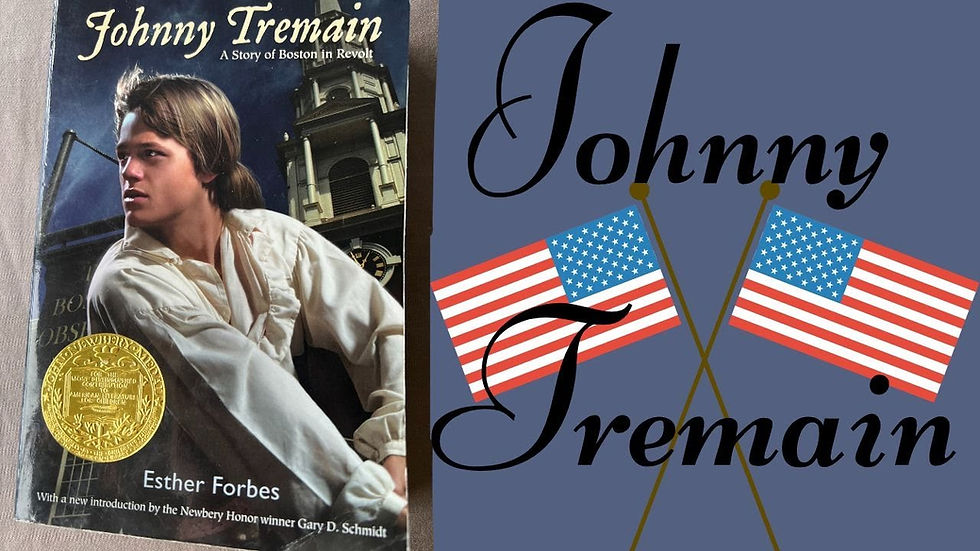Lord of the Flies by William Golding (4/5)
- Gabi M.
- Sep 23, 2023
- 3 min read
The novel, The Lord of the Flies by William Golding is a historical fiction piece telling the tale of a group of young boys who become trapped on an island after a plane crash on the cusp of World War Two. Throughout the storyline, Golding conveys the theme that civilization will always have a struggle against nature and savage ways. Less than ten years after World War Two ended, Lord of the Flies was published, giving readers at the time a true callback as to what the war may have really represented, and how the boys in the book represented different sides of the battlefield. Taking place in the 1940’s, a group of schoolboys are traveling when their plane suddenly crashes onto an uncharted island. After wrecking, two main characters emerge, Ralph, a physically fit, smart boy, and a fat, shy schoolboy. These boys meet with other characters, most notably the opposing leader and a future close friend of Ralph’s. As more and more boys come out of the wreckage, they all decide to elect a chief. One clan starts to not like the head group's leadership, so they split off from the main part of the island, causing tension between the two groups of boys. Worries of a monster then became more and more relevant throughout the story. Belongings start to become stolen and sabotage occurs causing friction and confrontations ultimately leading to lives lost. In the end, the boys feel depressed, their hopes of rescue very dim, until they see what might be a ship in the distance. This piece of literature was a good read, although not my favorite. I thought that this book was both an entertaining and suspenseful read because of the quick plot twists and never ending challenges. Golding reveals to the reader that man alone in nature could be disastrous, and I agree because without proper rule and order, man alone could become destructive, which would lead to an unorderly world. Golding also conveys that young people can find ways to care for themselves without supervision. Even though this can be true, I disagree because as the novel progresses, the real issues come out of no proper order, causing the once-behaved British schoolboys to become savages. Lord of the Flies suggests that without order, the world could not exist due to human destruction. Because humans struggle between order and savagery, civilizations have created rules that have enforced consequences. Golding doesn’t truly explain the boys' emotional aspect of being separated from their families during this period of their lives, and this side to the story could also explain how the boys feel the way to become how they are. I feel that Golding’s opinion on man not being able to cope with nature is supported, and one other example of this being proved is in the Bible. In the first book of Genesis, man disobeys the one rule put in place, proving that man cannot control their severe urges. This historical fiction piece changed my understanding of the topic because many people get put in the shoes of grown men facing these challenges, but rarely do readers get the opportunity to face these same challenges but in children’s shoes. My opinions on man not being able to control their desires stay the same, if not more valid. I have always believed that no matter how old you are, you always need to have boundaries as to what you can do without having to pay the consequences. I feel that the type of reader who should pick up this book is if they enjoy a historical yet apocalyptic storyline. I enjoyed this read because William Golding conveys the story in a way that makes the plot more desirable. Although not my favorite book, Lord of the Flies is truly a book that I would want to read again one day.





Comments